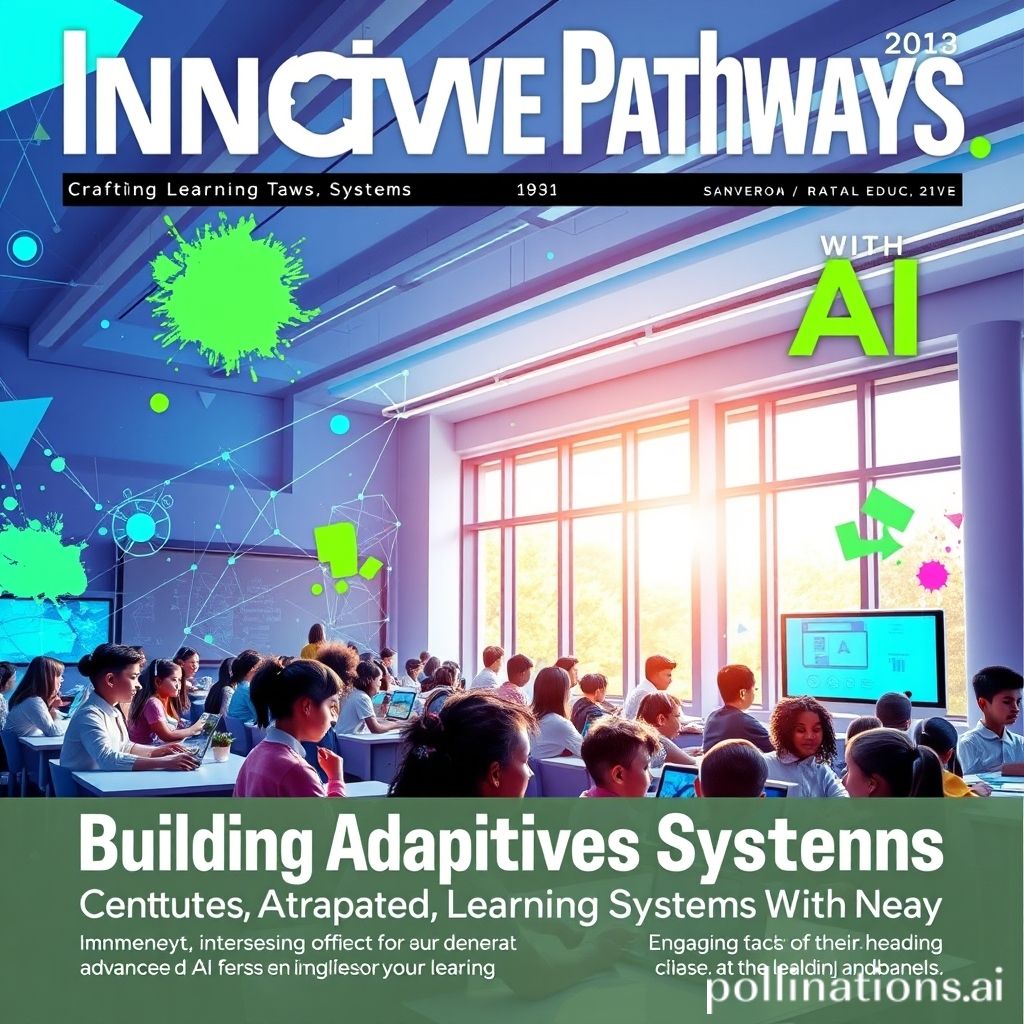
Building Adaptive Learning Systems with AI
In recent years, the educational landscape has undergone a significant transformation, driven largely by advancements in technology. One of the most exciting developments is the emergence of adaptive learning systems, which utilize artificial intelligence (AI) to create personalized learning experiences tailored to individual student needs. This article explores the key components and benefits of building adaptive learning systems with AI.
What is Adaptive Learning?
Adaptive learning refers to the method of delivering personalized educational experiences based on the unique learning styles, paces, and preferences of each student. It leverages data analytics and AI technology to adjust the content, instructional strategies, and assessments in real time. Here are the main elements of adaptive learning:
- Personalization: Tailors content and assessments to match the learner's level of understanding.
- Continuous Assessment: Monitors student progress and identifies areas needing improvement.
- Feedback Mechanisms: Provides instant feedback to students, enhancing the learning process.
The Role of AI in Adaptive Learning
Artificial intelligence plays a crucial role in the development of adaptive learning systems. It enables systems to analyze vast amounts of data and make real-time decisions that enhance the learning experience.
- Data Analysis: AI algorithms process student data, such as past performance and engagement levels, to identify patterns and predict future learning behaviors.
- Content Recommendation: Based on analysis, AI can recommend resources and activities that align with the learner’s current needs, making the process more efficient.
- Scalability: AI can handle large numbers of students simultaneously, allowing for widespread implementation of personalized learning solutions.
Benefits of Adaptive Learning Systems
Implementing adaptive learning systems offers several notable benefits:
- Improved Engagement: By providing personalized content, students are more likely to remain engaged and motivated.
- Higher Retention Rates: Tailored approaches help students grasp concepts better, leading to higher retention and overall performance.
- Efficient Use of Resources: Educators can focus their efforts on what matters most, as the system provides insights into individual student needs.
Challenges in Implementation
While the potential of adaptive learning systems is immense, there are challenges in their implementation:
- Data Privacy: Ensuring the protection of student data is vital in maintaining trust and compliance with regulations.
- Integration with Existing Systems: Compatibility with current educational platforms can pose technical challenges.
- Resource Investment: Developing and maintaining advanced AI systems can require significant financial and human resources.
The Future of Adaptive Learning with AI
As technology continues to evolve, the future of adaptive learning systems looks promising. Ongoing advancements in AI will lead to even more sophisticated algorithms and tools that can address the individual needs of students more effectively. With continued investment in this area, adaptive learning could revolutionize education, making learning more inclusive, efficient, and enjoyable for all.
